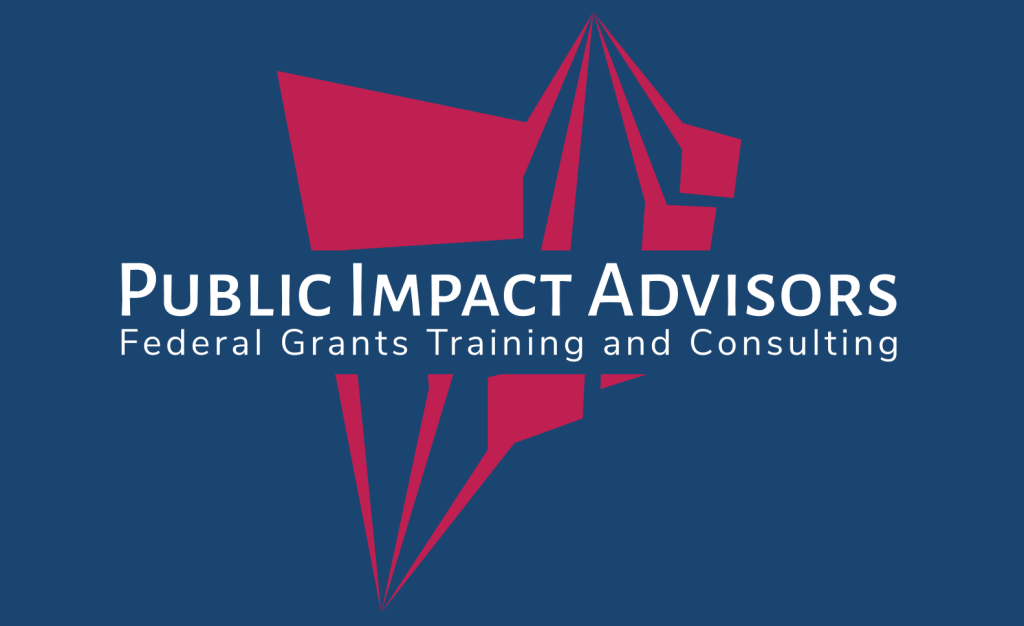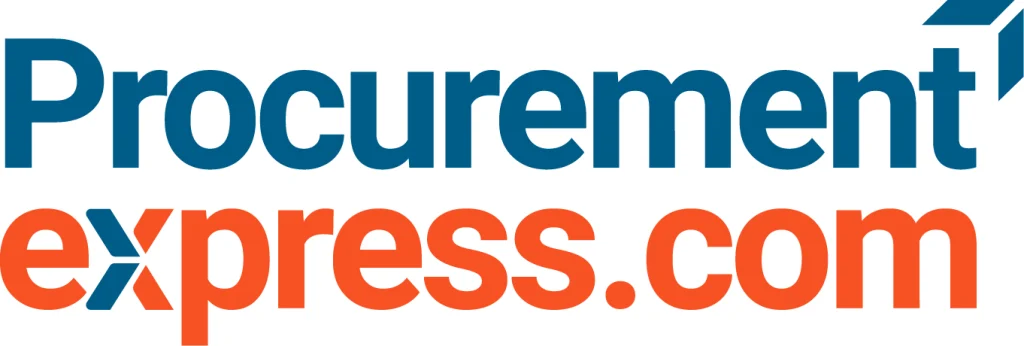Prefer to learn on your own schedule? This self-paced course delivers the full Grant Management Bootcamp experience in a flexible online format. Complete it in about eight (8) hours, with interactive modules, quizzes, and downloadable resources—all aligned with the latest 2024 OMB Uniform Guidance updates. Includes 12 months of access and post-training support.
Learn more: 2026 Annual Grants Training
Main Menu
Discover Grants Management
Events + Education
Certification
Community
Members





